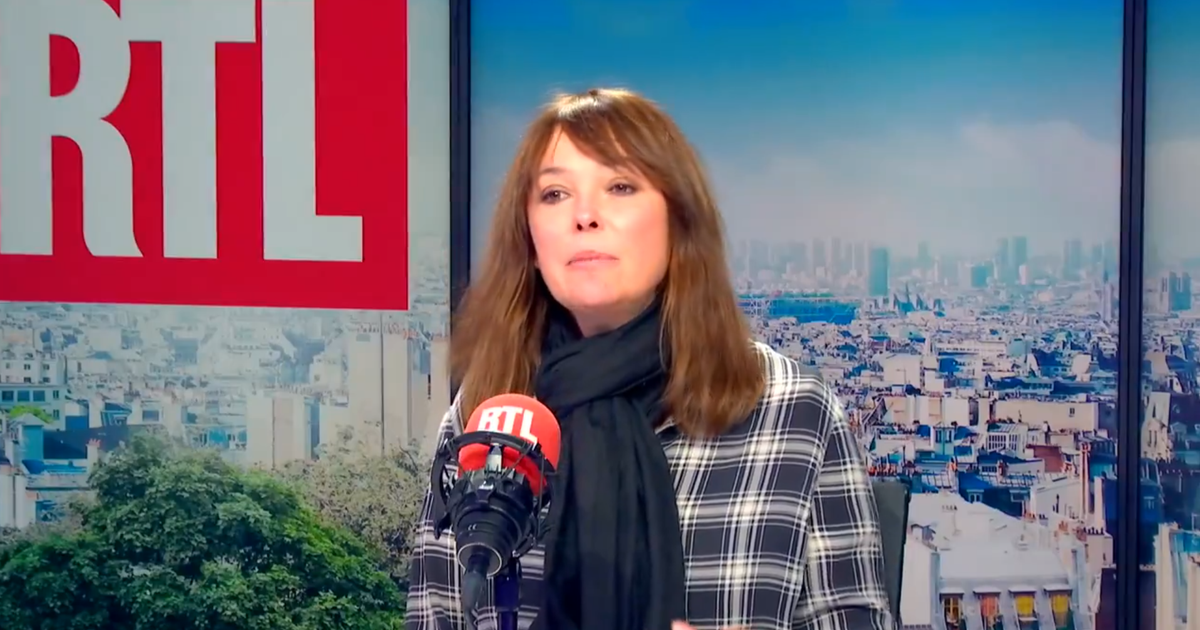The new emotional servitudes are written with invisible characters.
The current subject feels besieged by a permanent desire for production, by a voracious dynamic in which speed (as a temporary measure), profitability (as a fundamental value) and anxiety (as a normalized state of mind) stand as champions of our contemporaneity.
The happiness of the average citizen today consists in their ability to adapt to this dynamic, sweetened by messages such as "you are your own entrepreneur" or "you can achieve whatever you set your mind to".
The individual must remain in a continuous state of alert that clings to a silently oppressive mechanism.
Through it, freedom is defined as the ability to welcome everything that turns your life into an entrepreneurial project: rushing, waiting for expectations that are never fulfilled, the acceleration of vital processes or the blurring of the border between free time and work time.
So that freedom and happiness sink their foundations in a consented servitude, in a soft and imperceptible bond that is covered with sweetened dyes and that trusts our voluntary submission.
The contemporary serf decides to comply because the alternative is to be relegated to oblivion or, worse, to media irrelevance.
No one wants to be left out of the world's great showcase.
Furthermore, very few are those who can afford it.
In this beleaguered scenario, keeping citizens in a perpetual state of nervousness and crisis seems to respond to a deliberate interest so that they can not deal with leading a good life.
The maximum is to survive.
Subjugated and spurred on by stress, the citizenry is easily manipulated: they can only endure or succumb.
Resilience or death.
It is not by chance that Rousseau insisted —in the fifth of his
Reveries of the Solitary Walker
(1782)— on the need to learn to avoid the influence of external stimuli and know how to be content with the pleasures that our interiority provides us.
The Genevan elegantly wrote that he will know how to make this existence "delicious and dear" who can "separate from himself all the sensual and earthly impressions that incessantly come to distract us and disturb the sweetness here below."
Our attention is for sale.
Concentration has become a consumer object with which companies and governments market in order to monopolize our interest and commercialize our activity.
As a consequence, stress has been established as a “natural” element of contemporary life.
Those who do not accept the naturalization of stress are branded as marginalized, rebellious or useless.
When freedom is subsumed under the standards proposed by the emotional device of stress, the individual is thrown into a persistent state of exhaustion that sometimes leads to emotional and behavioral disorders.
Anxiety and depression are the most common, but also hopelessness, weakness, a subjective feeling of loneliness, the inability or reluctance to develop significant affective bonds, physical fatigue or the inability to forge community alliances that can oppose this invisible loop.
If freedom is disguised as a psychological buffer, it will be reduced to a mere passive capacity to know how to receive the blows dealt by the society of stress, speed and immediacy.
In this way, emotional servitude will be more than guaranteed.
Of course, silently and sweetly, under a layer of resilience or talent to adapt to the —onerous— circumstances.
With not little marketing ability, self-help and emotional
coaching
encourage us to develop high self-esteem, to work on the positive development of our self-concept.
This means that the responsibility for things to go well or badly is discharged solely on the individual, so that the latter is blamed as a misfit who has not known how to "be free" or "keep up with our times."
Imperatives such as "manage stress" or "make crises profitable" are raised everywhere as the contemporary values par excellence: a productive tyranny that avoids thinking about the systemic causes of anxiety and points to the individual as the only one to blame for its ills.
Faced with the empire of stress and the emotional yoke that it entails, it is urgent to redefine the theoretical framework of freedom: not as a capacity for adaptation or resignation (as if it were a misunderstood stoicism), but as a power to resist, disagree and counteract the hyper-productive gear typical of our days.
Carlos Javier González Serrano
is a professor and director of the
podcast A la luz del pensar,
on RNE.
Subscribe to continue reading
Read without limits
Keep reading
I'm already a subscriber

/cloudfront-eu-central-1.images.arcpublishing.com/prisa/5G3Y3Y3WI5DQ5MA6HULZYJJH2M.jpg)



